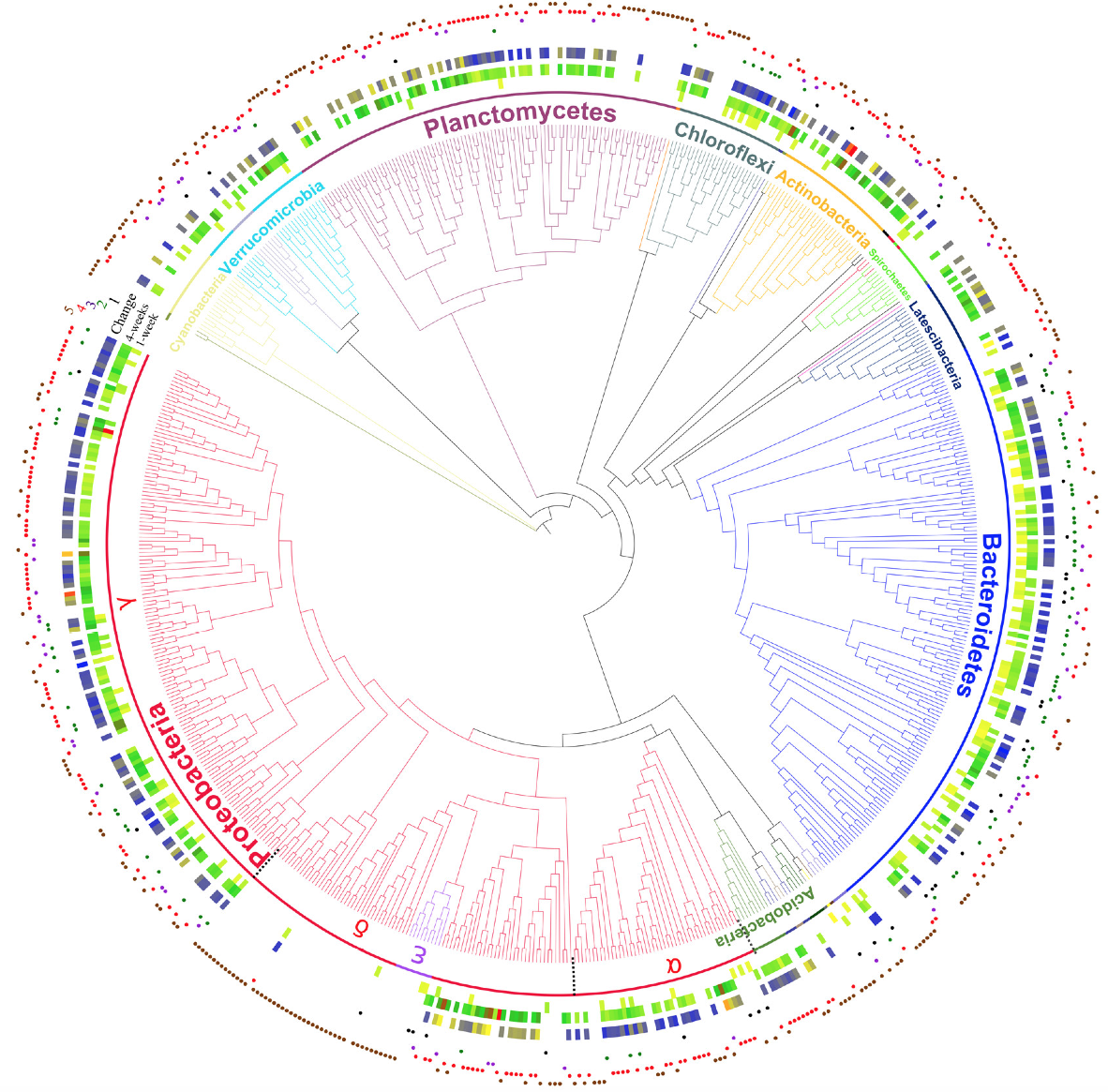- Press Office
- Press releases 2019
- WILLIAM ORSI: "Deciphering population-specific activities of marine microbes with quantitative stable isotope probing"
WILLIAM ORSI: "Deciphering population-specific activities of marine microbes with quantitative stable isotope probing"
Invitation
Abstract
The majority of marine microbes are uncultivated, hindering a quantitative understanding of their ecology. A relatively new method, quantitative stable isotope probing (qSIP), provides a means to quantify activity of uncultured microbial taxa. qSIP allows for quantification of 13N, 15N, or 18O incorporation (from pre-labeled substrates) into rRNA genes of specific populations within complex communities in high-throughput.
In the first half of the presentation, I will present studies in which this research approach has been used to link uncultivated populations of heterotrophic bacteria, archaea, and microbial eukaryotes to the cycling of picoeukaryotic biomass in the surface ocean.
Then, I will discuss the application of qSIP to quantify population-specific carbon cycling and growth within benthic communities under low oxygen. Finally, I will present results showing that qSIP with 18O-labeled water identified actively growing aerobic Thaumarchaea, Woesearchaea, and Chloroflexi in 15 million year old oxic deep sea clay.
The results provide a quantitative understanding of many uncultivated marine microbial taxa, and should also help guide future cultivation efforts.
